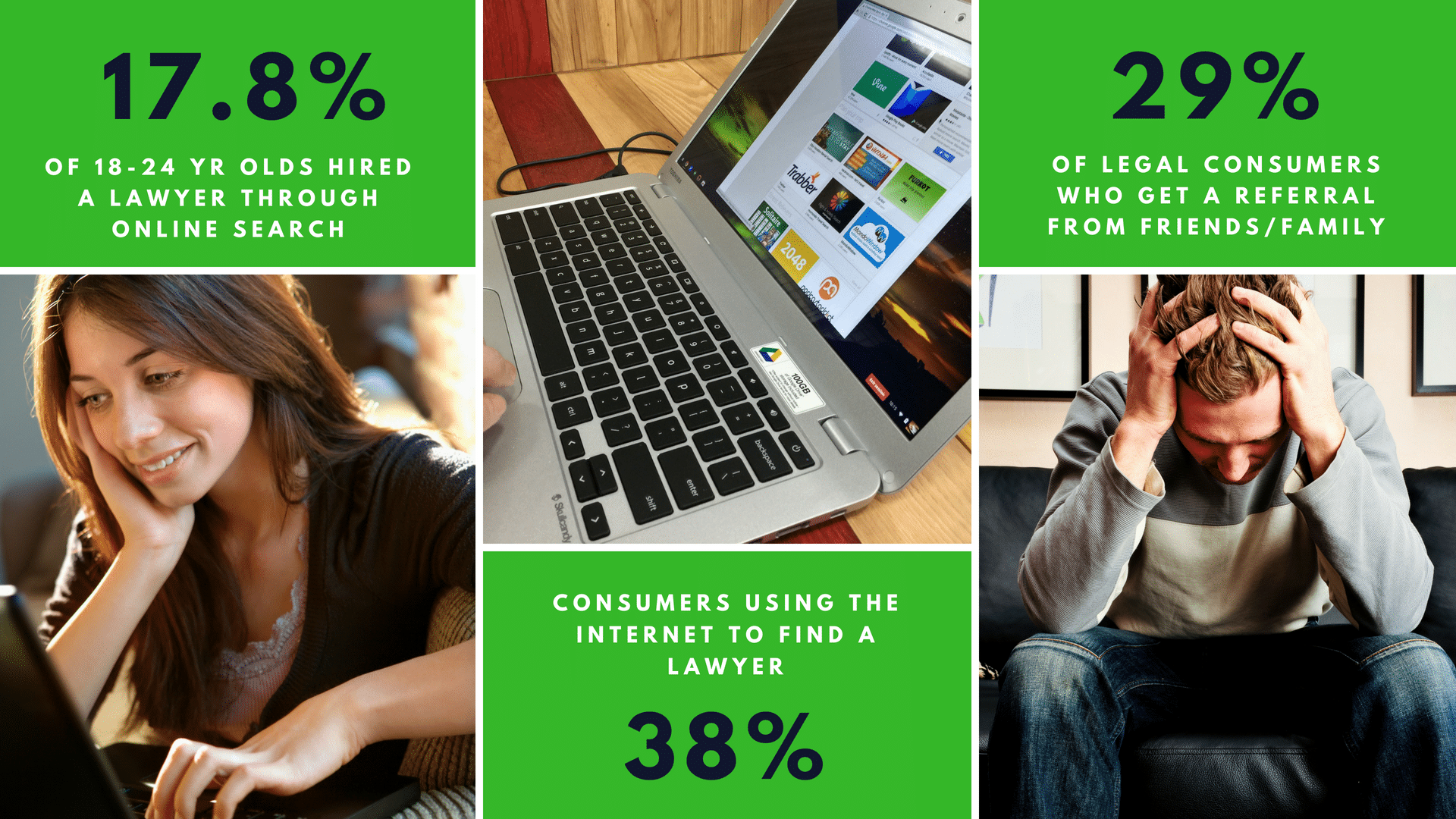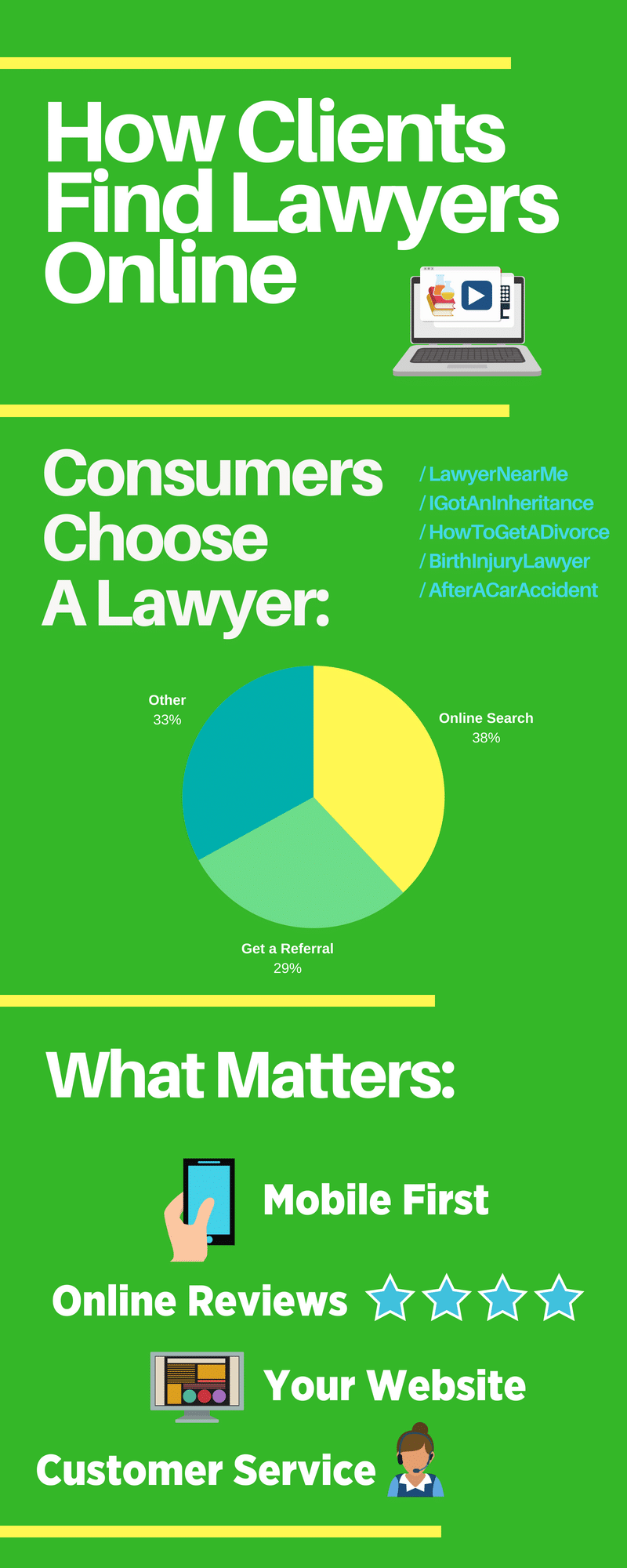
Numerous articles have been written on legal networking for lawyers to tips to do better networking. The articles range from general networking tips to tips for introverted lawyers, and more. These articles miss one area that I’ve experienced at networking events: the big man on campus lawyer.
Don’t be this person at your networking event…
We’ve all met that person, right? Now that we’ve established the worst person at a networking event, let’s talk about what you should be doing instead.
What is networking?
Before we go into networking tips, let’s get on the same page about what networking actually is. It isn’t getting sales or leads. It is meeting people and making connections. It is not ‘rainmaking’ which is a term that I am sad to write at all. You shouldn’t go to any networking event planning to walk away with 4 new clients. It’s a better mentality to go in planning to speak with a specific number of people or a set number of new connections. This slight shift in mindset will help you come across as a genuinely interested person instead of a networking shark.
Getting to the tips:
Have a goal.
As mentioned above, go into the event with a specific goal in mind. This will help keep you on track, especially if you are higher on the introverted scale. As someone who tends to dislike networking events until I find myself in a good conversation, identifying a set number of people to speak with ahead of time helps me focus on engaging with others, rather than sitting in a corner by myself. Another goal, if you don’t enjoy these events, would simply be to stay for a dedicated period of time. Tell yourself that you will stay for 45 minutes and talk with at least 3 people during that time. This can help relieve any anxiety or nervousness about the event.
Look at the list ahead of time.
If you do have access to a list of attendees make sure to look at it prior to showing up. You may find people you know or went to school with that can help break the ice. Additionally, you could do a little internet research to see if you have anything in common with other attendees, besides the topic of the event.
Ask more questions than you answer.
There is one particular profession that does this very well: financial planners. I’m convinced that part of their professional training includes a program where they learn to ask interesting questions that build rapport and engage others. Take a hint from this group and ask about someone else’s background, their travel plans, work challenges, and more.
High-quality business cards.
Business cards are not a thing of the past quite yet. People may not have a physical rolodex like they used to but most people still collect business cards and add them to a digital rolodex later. For this reason, it is important to invest in good business cards. Quality business cards can set you apart from others, make the impression that you care about little things, and show good taste. For AttorneySync’s cards, we went with Hoban Cards, a small letterpress company that does beautiful work and will make custom options.
Stay off your phone.
Nothing says unapproachable and “I don’t want to be here” like scrolling through Facebook while everyone else is having conversations. If you don’t agree, think about the last time you saw a couple on their phones in a restaurant instead of talking with one another. Did you judge them harshly? If so, don’t be this person at a networking event. These events are typically paid, so why would you pay to be somewhere you don’t want to be to just sit on your phone for 30 minutes? If the issue is your fear of talking to new people or breaking into a group, set a time limit for your phone usage and at the end of the time, go over to the nearest group of people and just start talking. There is bound to be an extrovert in each networking grouping you come across.
Where should you go?:
When it comes to the types of events to look for, this depends on your practice area and personal interests. If you have hobbies or interests, look for groups that fit those. It’s much easier to start a conversation when you already know you have something in common. Lawyer-only groups, like you law school alumni meetings, can be great for lawyer-to-lawyer referrals but may not widen your social circle which is a bonus for much of networking. Mixed-professional networking groups, like a BNI group, have an advantage of only allowing one person per profession per group. As the only lawyer in that professional networking group you can be the gatekeeper for legal referrals.
Other than professional networking groups, there are life groups. Your kid’s parents and their friends or any other organizations you belong to can be a great resource. Remember, you are no longer using networking as ‘sales’ and are simply making connections with people or offering your knowledge. While lawyers can suffer the same fate as doctors in a group setting, where everyone who has a legal-adjacent problem may suddenly want free advice, this doesn’t mean you should be afraid to tell people what you do. Remind people unfamiliar with the legal field that, much like a doctor, your personal time is preferably spent on personal discussions and you also specialize in a particular area so you may not have the knowledge to help with their issue.
What to wear?
Lawyers generally know how to dress to look professional, but this can change depending upon your practice area. This may not be a suit, but you get to decide that, unless your firm has strict guidelines. If you are the type of lawyer who doesn’t want to wear a suit but thinks you may get judged–remember that you can choose your clients, just as they can choose their lawyer. If they want someone in a suit and you do not want to be that type of lawyer, don’t try to fit into their mold. Plenty of potential clients will be happy to have the casual lawyer.
How to introduce yourself:
Craft a quick introduction that you can memorize and adjust based on your audience. Over the last year, I have learned that lawyers often find it challenging to introduce themselves without doing one of two things; 1. Giving a monologue that starts in law school and ends with what they did today, 2. Responding with, “I’m a lawyer.” Neither option is the one you should choose. The first is more than anyone needs to know upon meeting you and the second makes you seen aloof and above the person you are speaking to, as if they couldn’t possibly understand the complexities of different areas of law. Frankly, they may not be able to, but it’s not up to you to decide that for them. Coming out with a monologue can have the same effect.
So, how does one talk about themselves? Jayson Gaignard, a master networker and owner of Mastermind Talks, gives this formula for proper networking introductions: “I help ‘_who/client_’ achieve ‘_what result_’. As a corporate tax attorney, you could respond with, “I work at _____, and I help large corporations avoid tax mistakes.” This formula allows you to say what you do and how you do that without posturing or using jargon.
After the event:
As soon as you get back to your office, send any potential clients a follow-up message with a personal message that connects to your conversation. Video emails are great for this, because it reminds the recipient of who you are by more than just a name.
Didn’t get a business card or contact information? See if you can find the person and connect on LinkedIn, especially if you didn’t have a meaningful interaction. LinkedIn can help you see if there are commonalities like school or connections that will help you make a more personal contact down the line. Be resilient- don’t be discouraged if all of your follow-ups go unanswered. Try again- once with those same people and again at other events in your area. It may take awhile to find the type of events that work best for your firm and your style.
Online Networking For Lawyers:
Part of networking for lawyers in 2018 is taking the in-person, online. It is commonplace for people to expect to be able to find information online about everyone they know or meet, whether to verify facts or connect further. People like keeping in contact with other people that they know and trust, so make sure your online profiles are up to date and accurate. In addition to contact information, make sure your profile reflects who you truly are as a professional, and that it is inviting for the kinds of clients or connections you want to attract. Go ahead and assume that your website, bio, LinkedIn, and other social media accounts will be searched by every single person who gets referred to you or meets you. Period.
Implement these tips at your next networking event
Hopefully this helps give you a better idea of what to do and not do with your networking. It’s something that most people struggle with, for a variety of reasons, but we’re all just doing the best we can to make a good impression and be someone people want to connect with. Remember that the next time you RSVP for an event.



